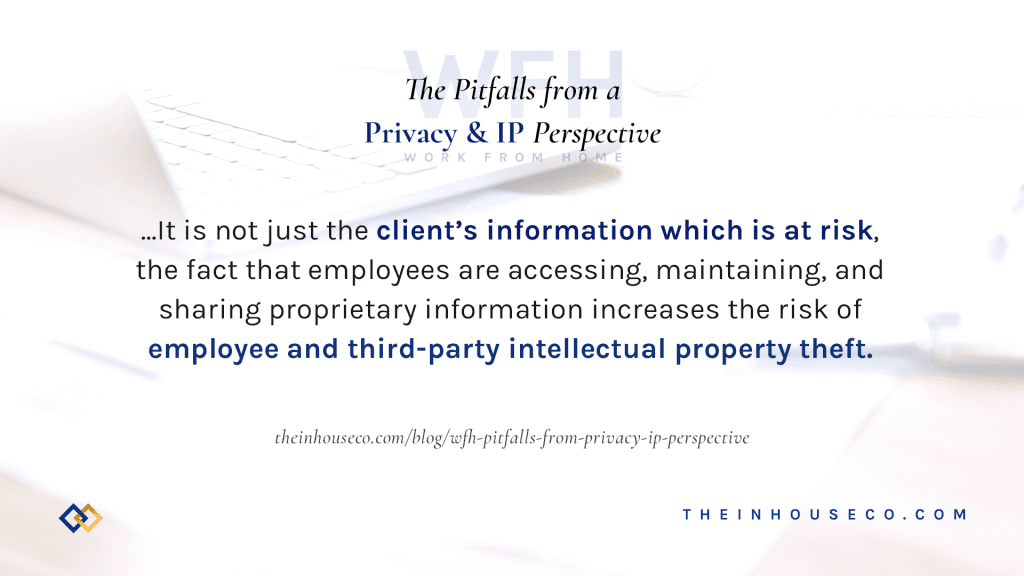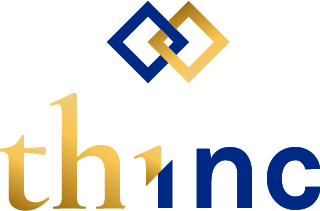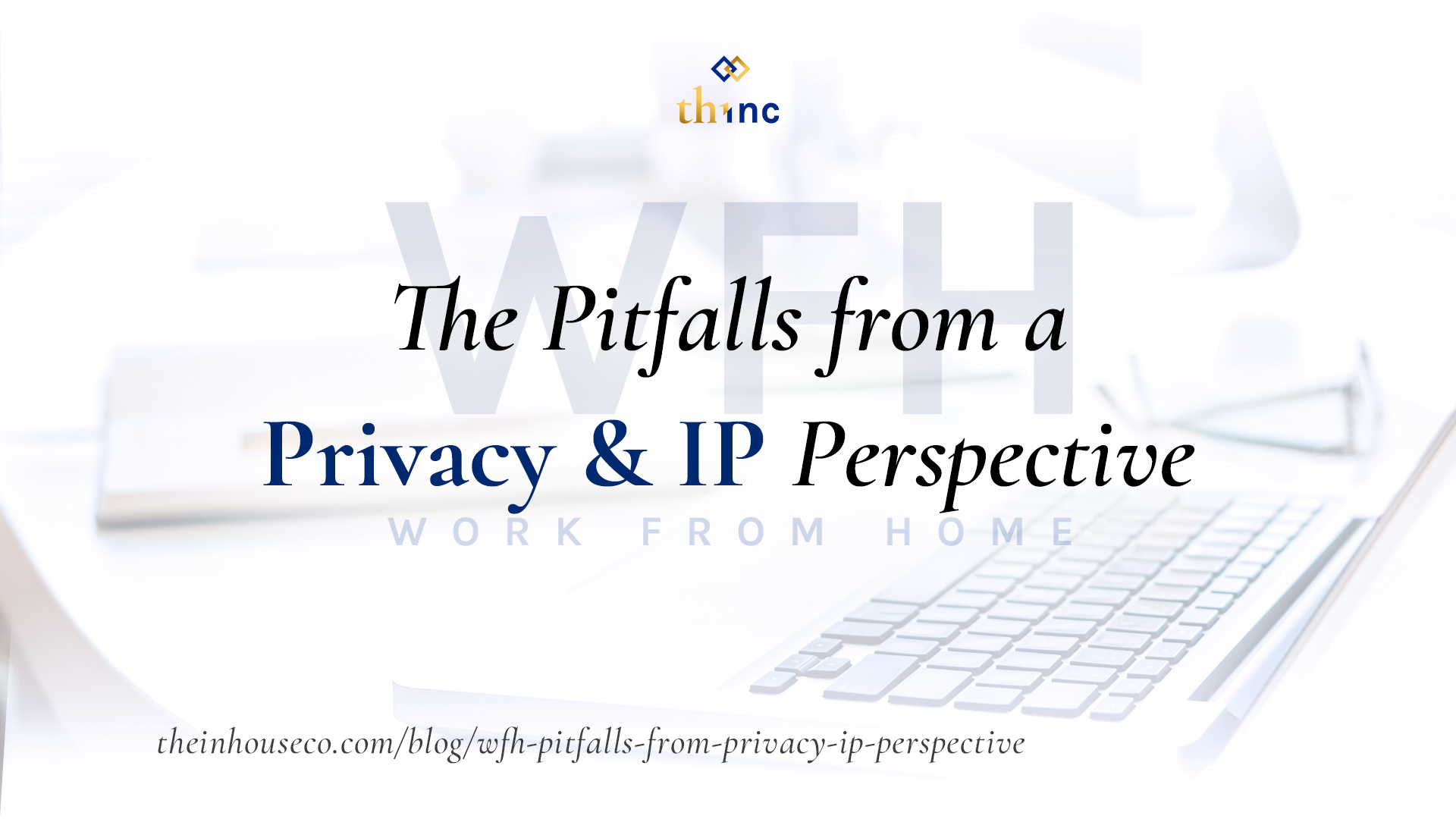2020 has certainly been the year of new normal so far. Who would have thought that a time would come where busy executives, team leaders, CEOs, lawyers working from home would seem pretty normal. The mental adjustment has taken place already as the realisation has set that the day to day work has not changed, just the environment in which it is conducted.
The positives in this situation are no more long commutes or office politics; both a welcome change. For many employers it has raised the question as to whether their previous remote working policies have actually been oppressive and whether they did not empower their employees enough. There is also the practical issue of now understanding that we all probably have far more office space than we actually need.
This shift in traditional thinking has, in our view, long term implications for the definition of ‘workplace’ which now almost blurs the line between professional and private space. The social impact of this is yet to be seen once the pandemic situation calms down and the work from home practice continues beyond this.
For many employers it has raised the question as to whether their previous remote working policies have actually been oppressive and whether they did not empower their employees enough. There is also the practical issue of now understanding that we all probably have far more office space than we actually need. This shift in traditional thinking has, in our view, long term implications for the definition of ‘workplace’ which now almost blurs the line between professional and private space.
The social impact of this is yet to be seen once the pandemic situation calms down and the work from home practice continues beyond this.
Whilst working from home seems to be an adequate way of ensuring business continuity, the increasing reliance on technology platforms to access company data and with documents and information being sent through residential internet lines raises new risk related issues regarding data protection. The distinct lack of physical and digital control over client’s sensitive documents is an area which has exposed the knowledge-heavy industries such as accounting, finance and legal, to potential breaches of non-disclosure/confidentiality agreements. Although this has been circumvented by employers imposing information authorisation parameters and insisting on the individual employees signing the same confidentiality agreements, the exposure is nevertheless present.

Although it is not just the client’s information which is at risk, the fact that employees are accessing, maintaining, and sharing proprietary information increases the risk of employee and third-party intellectual property theft.
Psychological studies on employees’ attitudes in the workplace have suggested that loyalty in those isolated and working from home for an extended time is less than for those who congregate in the office every day by the water cooler or the coffee machine or live for big board room meetings tend to feel a sense of community and responsibility towards the employer. This risk is further increased with the use of third party support which is at present an attractive option for companies who prefer not to add to employee numbers at this time.
Psychological studies on employees’ attitudes in the workplace have suggested that loyalty in those isolated and working from home for an extended time is less than for those who congregate in the office every day by the water cooler or the coffee machine or live for big board room meetings tend to feel a sense of community and responsibility towards the employer. This risk is further increased with the use of third party support which is at present an attractive option for companies who prefer not to add to employee numbers at this time.
…innocent employees falling prey to phishing scams and downloading malicious software has raised the level of cyber security threats to an all-time high
In the reverse, innocent employees falling prey to phishing scams and downloading malicious software has raised the level of cyber security threats to an all-time high at present as scammers or hackers gain access to the company’s IT infrastructure and expose its proprietary information even if the employee is using a virus protected work device. An added and often unnoticed threat comes in the form of personal devices where certain applications could potentially record confidential conversations.
Conversely, employers are also coming under scrutiny from software licencing companies as the work from home scenario has given rise to an increased use of unauthorized software by employees on their personal computers. The avoidance of increased operational cost versus potential disputes and compensation issues if the breach is detected is a risk often weighed up in hard times.
Considering the significant shift in the definition of workplace and the fact that it has the potential to remain for the long term, a sound piece of advice to employers would be to undertake a 360 degree analysis on the potential data threats to clients and the company and impose strict guidelines and policies on accessing, sharing and management of that data for work in the work from home scenarios.
We have a memo for you to download if you need some inspiration to write one:



















